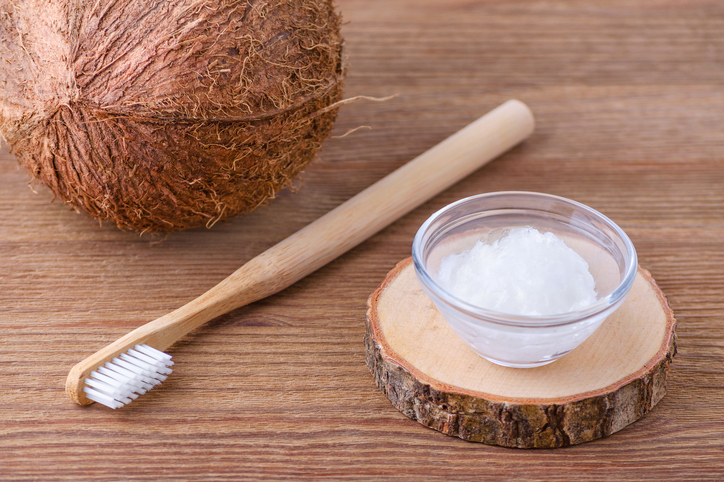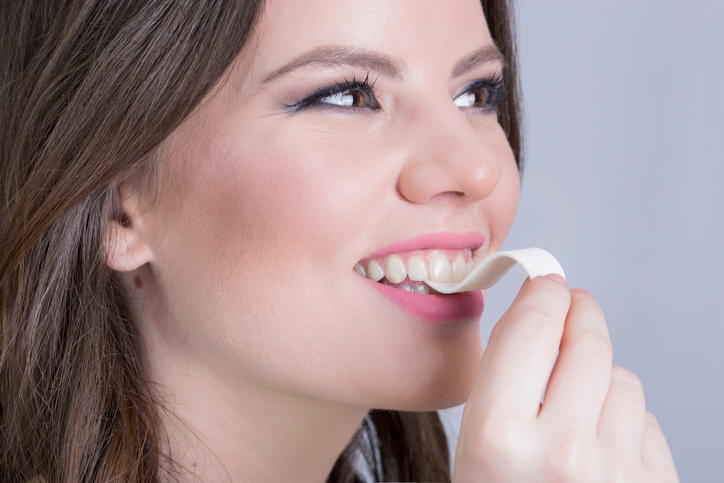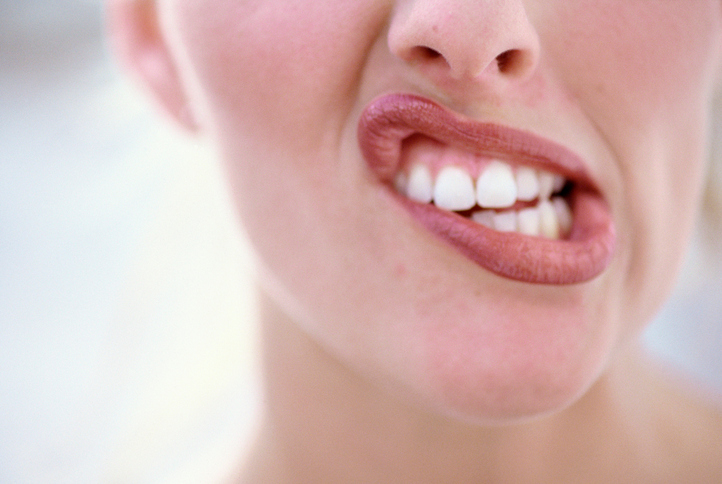
My son George learned to brush his teeth from a very young age. Every morning and night, I would find him at the sink, ensuring all his teeth were clean. He had a great attitude, so I took the opportunity to teach him proper oral hygiene. Now 41 years old, he remembers everything I taught him about teeth well, and he is the “dental teacher” of his three sons: Junior, Jacob, and Joseph.
Brushing and flossing are two of the most important habits to take care of your teeth and gums. Not only do they help remove bacteria, tartar, and plaque from your mouth, but they also prevent cavities, bad breath, gum disease, and even heart disease.
1 Maintaining good oral hygiene doesn’t have to be hard work. Brush your teeth twice daily for two minutes, and floss once daily. Eat healthy foods like fruits and vegetables that help build strong teeth, avoid sugary drinks like sodas, and visit the dentist regularly for thorough cleaning and inspection.
2 The correct way to brush your teeth takes less than two minutes. Many people tend to spend a lot more time or a lot less. Most adults consume less than a minute, which is not enough time.
3 When you brush your teeth, you should focus on hard-to-reach places. Moreover, use the right toothpaste. There are wide varieties, including those that prevent toothaches and tartar, and gingivitis. Toothpaste is the best way to protect your teeth, so you should always ask your dentist which type they recommend.
4 To get the most out of brushing, you’ll need a good toothbrush. There are many models to choose from, which makes it extremely difficult to choose one. Select a soft bristle brush. The soft bristles are easy on the gums and will remove plaque and other debris from the teeth. Moreover, a small head can easily reach hard places like back teeth.
5 Replace your brush every two months. If you’ve had a cold, you should replace your brush, simply because the bristles may contain germs that could make you sick again. Toothbrushes that show wear should always be replaced, as they hurt your gums.
6 Flossing keeps teeth and gums healthy. Flossing helps remove food and other debris that can get lodged between teeth and cause problems. It also helps prevent gum disease by removing plaque and bacteria that cause cavities.







